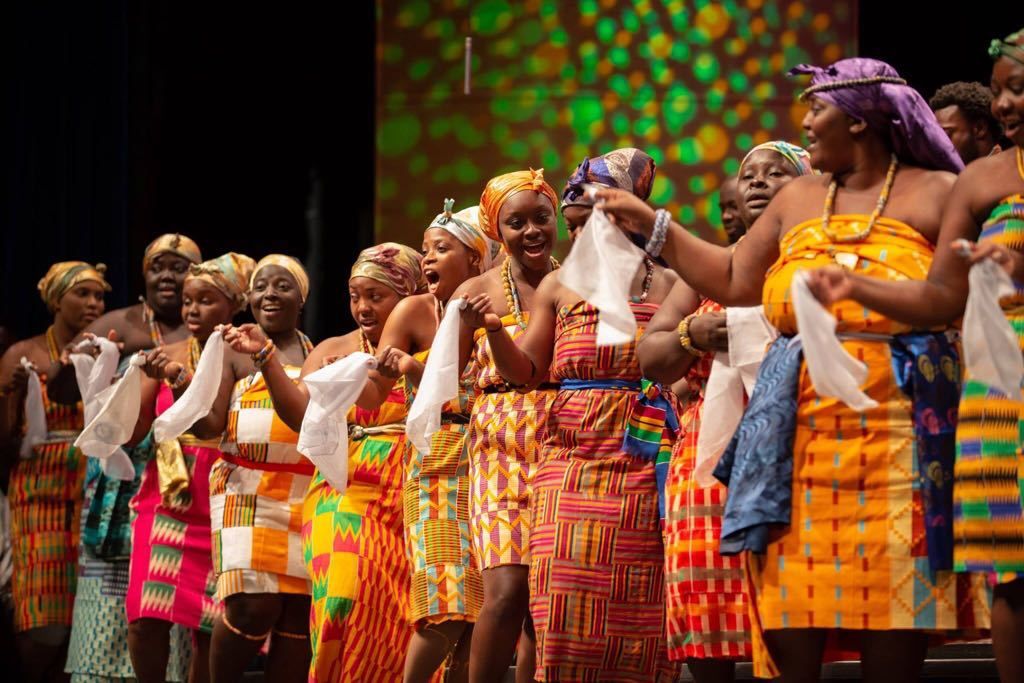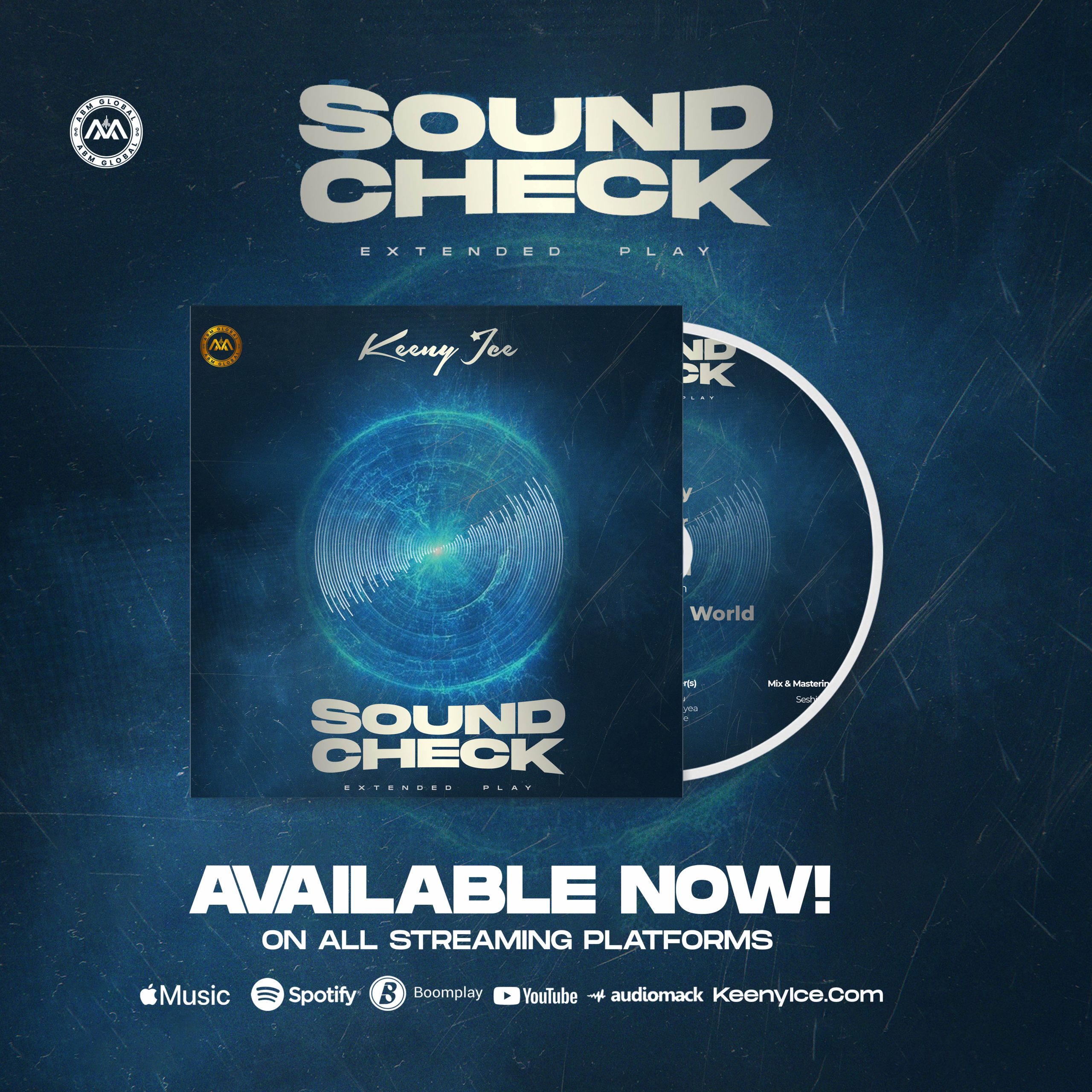This lesson explores the importance of bridging the gap between Ghana’s regional music space and the mainstream industry. It highlights the pivotal roles that stakeholders and the government play in fostering an inclusive and vibrant music ecosystem that propels Ghanaian talent to global recognition.
Ghana boasts a rich and diverse musical heritage, with talented artistes creating exceptional sounds deeply rooted in culture and tradition. However, despite this wealth of talent, many Ghanaian musicians struggle to break into the mainstream music space both regionally and internationally. To address this, stakeholders and the government must collaborate to create an enabling environment that nurtures local talent and propels Ghana’s music industry to global acclaim.
1. Investing in Music Education and Talent Development: Stakeholders, including music associations, educational institutions, and industry experts, should collaborate to enhance music education. This involves providing resources, training, and mentorship programs to foster the growth of emerging artists.
2. Promoting Cultural Heritage: The government plays a crucial role in preserving and promoting Ghana’s rich musical heritage. By supporting cultural festivals, events, and performances, traditional music genres can gain recognition, inspiring a new generation of musicians.
3. Infrastructure and Technology Advancement: Stakeholders should advocate for improved infrastructure and technological advancements that facilitate music production, distribution, and promotion. Better recording studios, digital platforms, and reliable internet access can elevate the reach of Ghanaian music.
4. Establishing Music Business Support Systems: Stakeholders can collaborate to create music business support systems, offering legal, financial, and marketing assistance to artistes. This fosters a conducive environment for music entrepreneurship to thrive.
5. Industry Networking and Collaboration: Stakeholders should organize networking events, music conferences, and industry showcases to encourage collaboration and knowledge-sharing within the music ecosystem.
6. Government Incentives and Policies: The government can implement policies and incentives that encourage regional content promotion across media channels. Additionally, tax breaks for music-related businesses can attract investments and stimulate industry growth.
7. Global Exposure and Marketing: Stakeholders and the government can work together to facilitate opportunities for Ghanaian artises to perform internationally and participate in renowned music festivals. Global exposure enhances recognition and opens doors to international collaborations.
8. Empowering regional Media and Radio Stations: supporting regional media and radio stations that actively promote Ghanaian music ensures that homegrown talent receives continuous airplay and recognition. Stations who promote local music, arts and tourism should be given tax break or consideration.
THE END STORY
Bridging the gap between Ghana’s regional music space and the mainstream industry is a collective effort that requires the active involvement of stakeholders and the government. By investing in talent development, promoting cultural heritage, and creating a supportive ecosystem, Ghana’s music industry can achieve the recognition it deserves both regionally and on the global stage. A thriving music industry not only benefits artists but also contributes significantly to Ghana’s cultural identity and economic growth.

